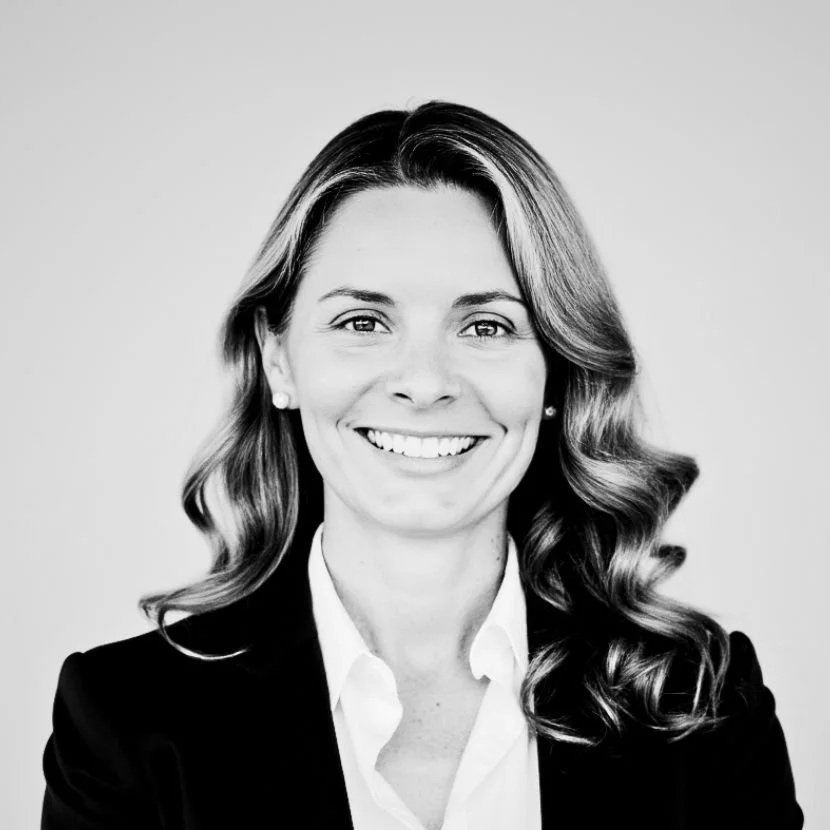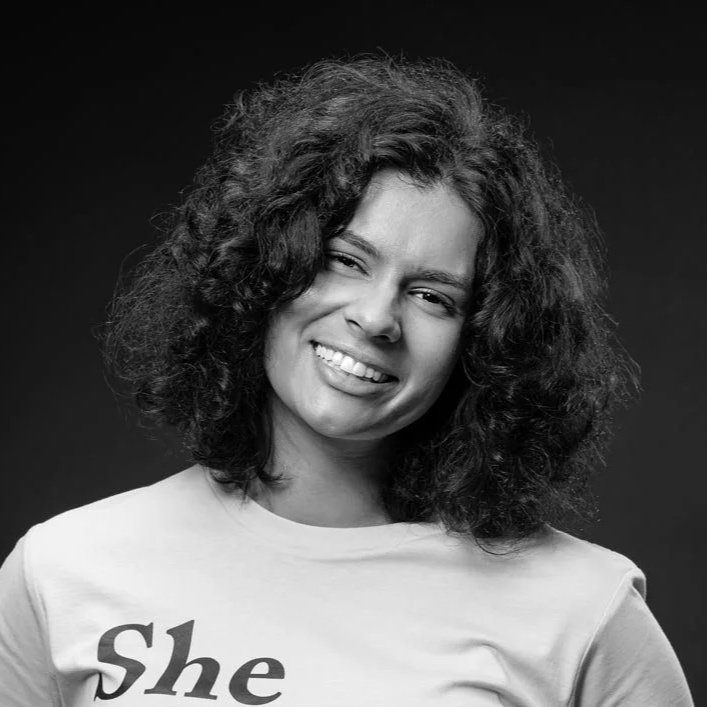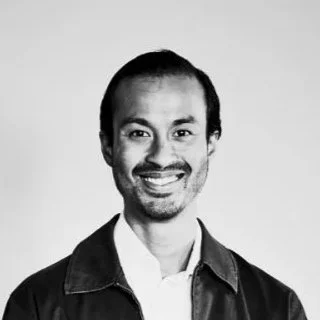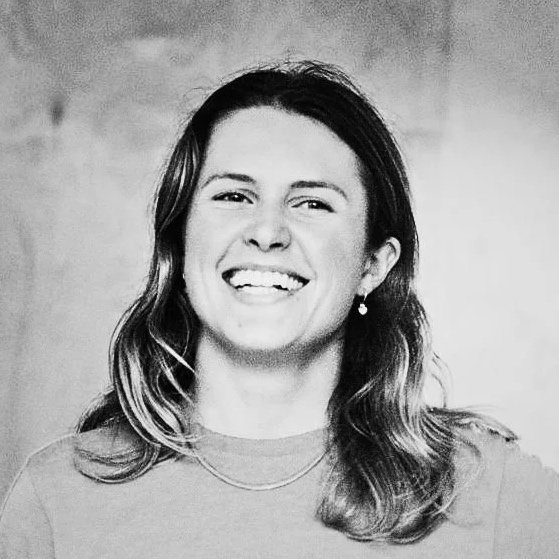Susan Bannigan On Inherent Leadership Qualities & Employment-Focused Social Enterprises Addressing Disadvantage
Susan Bannigan joined Westpac in 1995, and held senior roles in finance, treasury and business leadership across the group including Chief Financial Officer of RAMS, before becoming Executive Officer of Westpac Foundation in 2011 and CEO of the newly formed Westpac Scholars Trust in 2014.
As CEO of both philanthropic organisations, Susan leads a team working closely with Westpac, universities, community groups, social entrepreneurs and the business sector to support individuals and organisations helping create a more inclusive and better future for all Australians.
Westpac Foundation has the objective of helping create 10,000 jobs by 2030 alongside the social enterprises and organisations they work with.
Susan discusses the Westpac Foundation and Westpac Scholars Initiatives, whilst reflecting on social procurement, employment-focused social enterprises and how utilising learning opportunities are integral to an enterprise’s success.
Highlights from the interview (listen to the podcast for full details)
[Tom Allen] - To kick things off Susan, could you please share a bit about your background and what led you to your passion in philanthropy and social enterprise?
[Susan Bannigan] - Thanks Tom. I guess my pathway into philanthropy and more specifically working with social enterprise has probably been a bit late. I've worked for a long time in the financial services sector, and through the last 20 odd years, I've worked in a range of different businesses, but generally with a strong finance bent to them. In 2007-2008, I worked on Westpac's acquisition of RAMS Home Loans during the GFC, and as part of that experience, RAMS is a business that is comprised of 60+ small businesses selling RAMS products.
It was, as you can imagine, a really difficult time for them. It was a difficult time for many across the world. I actually spent much of my early time at RAMS working with these businesses, helping them reshape, rethink and pivot. That was really the first opportunity where I realised that my commercial skills had the potential to help others in a way that you don't necessarily get when you work in a large corporate (company), and you're in the head office function.
From that experience, I knew I wanted to look beyond the typical financial services sector into how I might use my skills to help others.
It was very fortunate at that time that I had a great mentor, because I had done some governance training, was on some charity boards, and I was volunteering. I was looking to exit into working in a not-for-profit outside of Westpac, but my mentor sat me down and chatted about why and what I was looking to do, and how I was seeking to make a difference.
I realised in fact by running Westpac Foundation for example, and using the networks of Westpac in the presence of Westpac, whether it sits with procurement or its employees’ skilled volunteering, I could potentially have a greater impact than if I just went into a not-for-profit.
Because of the types of skills I had, being quite a commercially oriented background, working increasingly with businesses to help create change was a really natural space for me to be in, and a really natural space for Westpac to equally look to have impact by bringing in commercial and business experience. That's how I ended up working at Westpac Foundation, focused on business as a model to create social good.
It's an exciting journey, and it’s great to hear how you moved into this ‘business for good’ area. We've mentioned Susan that you are CEO of the Westpac Foundation and Westpac Scholars Trust. I'd love to hear a little bit more about the work that you're doing with those organisations, and what is the purpose of them?
Westpac Scholars Trust is our newest philanthropic foundation. It was launched in 2014 when Westpac was about to turn 200 years old, and it really wanted to give back in a meaningful way, in a way that would endure well beyond all of us and for generations to come. Westpac set aside a one hundred million dollar endowment to establish the Westpac Scholars Trust, which is providing funding and support to offer 100 scholarships every year, forever, backing people with the drive and the ideas to shape the future of Australia in the areas of technology and innovation, enabling positive social change, and Australia's engagement with Asia.
Bama Services.
These were seen as core focus areas that would really contribute to Australia's prosperity and growth over the next horizon. That's been operating now for five years and we're welcoming our 500th scholar.
What it brings to life is that we have such amazing talent across Australia. Wonderful young people, technologists, researchers, future leaders, all with such purpose to help create a world that's better than the one that they entered into. I get a lot of inspiration working with the Westpac Scholars. But Westpac Foundation has been around 140 years, operating really with a purpose of contributing to the greater community for many years.
Over the last decade, it has had an increased focus on social enterprise as a way to create social good. It's done that very specifically with looking at how employment-focused social enterprises play a role in addressing the root causes of disadvantage and seeing employment as a really important pathway out of disadvantage.
We know that underemployment exceeds over 2 million people in Australia, and it's growing. This as a topic is just increasingly more relevant as we look into the impacts of COVID-19 on Australia. We work with social enterprises that have proven business models looking to grow and scale. We continue to evaluate our approach to ensure we’re having the greatest impact. I challenge the team around this all the time, which is, ‘how do you have an impact?’ You have a certain amount of funding, but we need to have more impact. If funding is a constraint, what else can we do? This is where we really look to leverage the skills and networks of the Westpac group. Creating programs that help drive impact; our Board Observership Program in partnership with MinterEllison, our Financial Champs program, mentoring programs to support the organisations we fund.
I have to say, our programs are now well embedded into our form of grant making, and often we get feedback that that is the most impact that we can help an organisation with.
For example, we partnered with MinterEllison, and they provide pro-bono legal support to all of our community partners. I know that they're often pointed to being one of the most impactful things that have happened to some of these organisations. Every organisation from the Westpac Foundation has access to things like that.
It's wonderful support, and it's such a great array of programs and experience that are offered through those organisations, Susan. You talk about that focus on employment-focused social enterprises at Westpac. What have you observed from the momentum that's clearly building across Australia now in these types of social enterprises, and where do you find that gaps exist to provide support?
10 years ago you would have to spend 15 minutes just explaining what a social enterprise is! Now, with students who are coming out of university, it's a well-recognised mode of delivering quality goods and services whilst also delivering on a social impact as well.
I do think that one of the things I'm seeing that is increasingly important around employment-focused social enterprises, that is contributing to this momentum, is that they’re reducing the reliance on government. It's reducing reliance on philanthropic funding, because it is a genuinely viable, sustainable way of business to create social good.
I believe that some of the social outcomes that can come from this type of model are really additive. It's not duplicating employment services that government already have in play. It's very much additive with a view that I increasingly am seeing evidence that says it can be more impactful in some ways.
When you look at Disability Employment Services, research coming out of White Box Enterprises says that only 40% will still have a job 13 weeks later. When you look at an organisation like Jigsaw doing great work in the disability space, of all the people that had started with them, they have about 80%-100% still in a job since 2014.
Of those that have transitioned to work, 80% are still in those jobs well beyond the 13 weeks. Those are really great outcomes, they're great stats. I'm really interested to see how that may evolve over time in terms of the work that the government's now doing on how to create more jobs. Is this the time for social enterprise to really accelerate access to support?
Two other points I'd like to make; one is social procurement. I know philanthropic funding is great for social enterprises and government support is great. But again, how do you have more impact and more sustainable impact over the longer term? That really is about having trading revenue. I believe that businesses as consumers can almost be the best place to support social enterprises by procurement.
I believe there's two sides to that. There's how we want to see business and government continuing to grow their procurement through organisations like social enterprises.
Jigsaw Enterprises.
But social enterprises have to make it easy. The business case still needs to stack up, and yes, social good might get you over the line, but your business case (must be) first and foremost.
We work with a range of social enterprises at Westpac, including Jigsaw, Green Collect, and a variety of others, but it's very much about having a great commercial offering.
We've previously spoken to a range of the leaders from Social Traders and the Victorian Government who provided their thoughts around that social procurement.
But Susan, I'm curious to hear if there's any other strong opportunities for the social enterprise sector that you see for Australia? What do you believe is needed to build on this current momentum? What do we need to do?
I do think coming out of COVID-19 the focus that the government now has, and the funding that they're looking to accelerate and channel into creating jobs, has got to be an opportunity for employment-focused social enterprises.
What are those things that we've been looking at over the horizon, that we can now bring forward and really look to address with government?
Not as individual businesses, not as individual states, (although there has been some great advocacy in various states), but as a sector as a whole. It was great to see the recent launch of the social enterprise national advocacy group, because I do feel that this is an opportunity. Maybe that is when you look at government, being able to say ‘actually, this will reduce reliance on government.' If we can get the social enterprise sector continuing to flourish, then I just feel like there's something in this opportunity. As they say, don't waste a crisis.
In this crisis, is this the time for payment by outcome? Is this the time for greater opportunities for the sector? I do think that there's also through the work of Social Traders and individuals like yourself Tom, a real spotlight on building awareness of the value of purchasing from social enterprise. There are as you mentioned so many working in that space.
I think from a corporate foundation or from “corporate Australia”, there's this real opportunity to continue to support in the areas of capacity building and skills development. How do we make it easy for our social enterprises to tap into some of the great capabilities that sit within corporate Australia?
We recently launched, in collaboration with the Social Impact Hub, a program to provide organisations with the ability to tap into the skills of corporate Australia through a collaboration, which people can very easily find through the Social Impact Hub.
They are big areas, because they are big challenges. I feel that often when I see why organisations may struggle, it's around financial management and governance.
There's great opportunities, I believe, to help continue build the capacity of our sector, including investment in leadership and the types of leaders we need through this time.
There's some great insights there. You mentioned earlier Susan that you are now up to 500 scholars as part of the Westpac Scholars Trust, which is amazing. It shows the broad array of really strong and effective leaders that you're working with. I'm curious to hear about any particular qualities that you consistently observe with some of the scholars and leaders that you work with?
I am constantly inspired by the people I work with, whether they're a Westpac Scholar or a social entrepreneur, there are so many cases that I learned from them. Aspects that I feel I've seen very much in the sector is regarding resilience. I’ve mentioned the comment of don't waste a crisis. (It’s about), “how are you feeling right now? Are you energised and you see opportunity, or are you paralysed and don't know where to go?” There's a Westpac Social Change Fellow Loretta Bolotin who leads Free to Feed, which is about creating opportunities for employment and connections with people from refugee and migrant backgrounds, through cooking classes in Victoria. Clearly, COVID-19 has closed that right down.
She's got a great relationship with her board. She worked with a really strong board and pivoted that organisation very quickly to set up a program called Brave Meals, continuing to provide employment and also to help address social isolation by delivering food into the community. That's an example of someone who just didn't waste a crisis, went straight ahead and offered and did something to change.
The other [trait] I feel are people who are great communicators, and communicators in a way that they tailor their story to their audience. Are you talking to government? Are you talking to the sector? Are you talking to corporate? I think someone like Sarah Gun, who runs GOGO Events, it's not the biggest social enterprise, but I tell you what, her enthusiasm, her willingness and generosity to share her learning and her stories is helping to mobilise a movement in South Australia. That's really a key quality.
I think work that Luke Terry did with Vanguard Laundry and the research that he had underway demonstrated with cold, hard numbers the impact that Vanguard Laundry was having. It was a great way to communicate with government and to access other forms of funding beyond philanthropy.
Or Green Collect, who works with delivering great services to corporates, around taking away waste and recycling to reduce landfill. They're doing a great job communicating the impact that decision by that corporate has had on the environment, [so make sure to] tailor your communication and find great ways to share your story.
I guess the last thing I'd like to say is, (and I do this to myself as well), is how do you lift your head up from time to time and go “how does this exist without me?”
How would that make me think differently about the way I run my business, how I empower my people, and how I grow skills? Who needs to be on my board, because this has to exist beyond you? You're playing the infinite game of what is possible to help [tackle] really challenging problems.
Leaders who can ask themselves that, and see this as beyond themselves, and how this shapes their business [is invaluable].
Bread & Butter Project.
There's some really great reflections there, Susan and you've named a bunch of really inspiring social enterprises.
To finish off then, books and resources! Perhaps you'd like to put in a shout out for some other social enterprises, but who or what would you recommend to our listeners?
I'm a very eclectic reader, I read lots of different things. I also listen to audio books. I’m listening to Simon Sinek, The Infinite Game at the moment. It's one that made me question and think a lot more about leadership beyond yourself, and beyond the current horizon. I encourage people to have a think about that, particularly in this environment of COVID-19.
The other inspiration that I'm seeing, in terms of initiatives and attacking intractable problems, is the work that Worldview, Rebuild, Work Restart, Mates on the Move are doing in the areas of recidivism. It's probably well known to many of your listeners about the challenges of people coming out of incarceration who don't have a job.
The likelihood of going back into jail is just unacceptable, and a job makes a substantial difference. They've got really challenging environments to work in, but I really admire the innovation they do.
There's some great organisations and books recommended there, Susan. Once again, thanks so much for being so generous with your time and your insights today, and we'll most certainly look forward to tracking the work of yourself and those of the organisations that you lead into the future.








